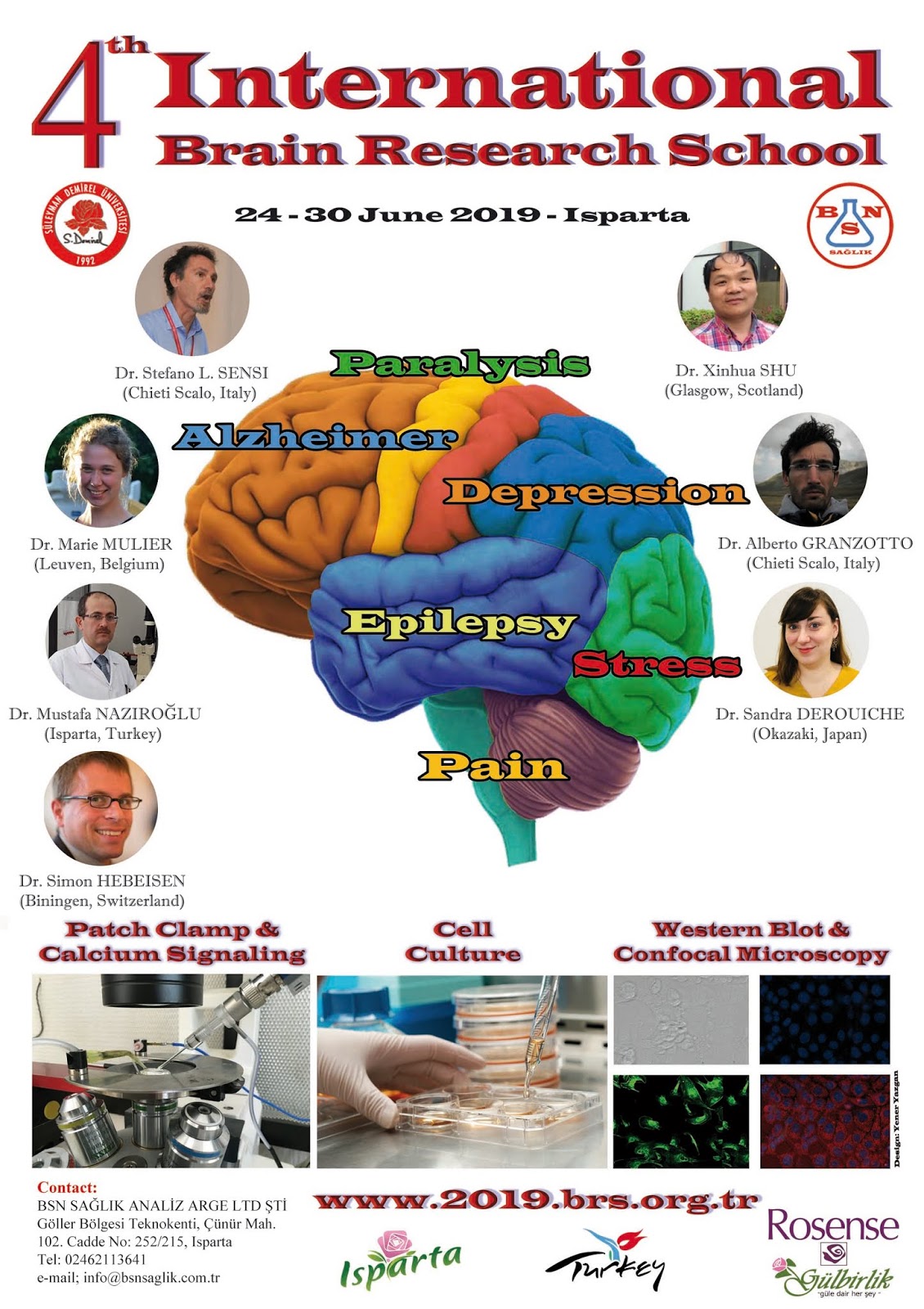OF EARLY EFFORTS BY AUSUBEL TO OVERCOME THE CRISIS OF LEARNING
OF EARLY EFFORTS BY AUSUBEL TO OVERCOME THE CRISIS OF LEARNING
Ausubel worked on meaningful learning which could come to be explained as cognitive operations and their interaction with experience to enhance learning. To elaborate, he distinguished between two commonly used styles in classrooms that were reception and discovery learning. In the former, information is directly transmitted to the learner, while in the latter, learners are expected to rearrange the new information on their prior knowledge and achieve their goal of the desired competency.
His studies on rote and meaningful learning got huge
attention, as well. In rote learning, the learner could make no connection with
the newly-learned information. Memorization, leading reason for today’s
educational crisis, is the common way in rote learning. When it comes to
meaningful learning, however, it is safe to say that three components are
integrated to form this type of learning. First of all, learners must be
able to perceive the learning task as meaningful to him/her. Second, the
material needs to be potentially meaningful. The third is the learner’s prior
knowledge and the new task’s relevance with the previous experiences.
He proposed cognitive structures to demonstrate
how the brain processed the information. Brain organized information in
separate categories and hierarchies of themes. Cooking knowledge of one is
important in learning a new recipe to make a new cake. Learning to make the new
cake requires interaction with the ‘cooking’ theme in the cognition. The new
one goes under that category in the brain. Anchoring
ideas is a vital subsume in cognition which is explained as the specific
ideas in the learner that link the new info to the previous one/s. Meaningful
learning is cultivated through a number of subsumptions such as derivative subsumption that contends the
new info goes under the previously learned structures in the brain. Another one is correlative subsumption that the new
info modifies or shapes the previous info. Another one is superordinate learning that occurs when new info is composed over
the previous info such as learning the computer parts separately and then
comprehending the wholeness of a computer. Combinatorial
learning is that there is no relation between the old and the new, however,
their backgrounds are the same such as the flow of electricity on metal and the flow of
heat on metal.
Readiness is
another crucial study of Ausubel for the field. Regarding readiness, expert
learners (metacognitive learners) are way better than novice learners as the
former has devised its own ways and strategies of learning. Age and culture are
proposed to be prominent factors in readiness. Compared to adult learners,
infant learners are not ready to learn abstract concepts and use higher-order
skills.
In his ‘schema’
studies, Ausubel contributed to the field substantially. The definition goes by
as ‘a data structure for representing concepts stored in memory’ (Rumelhart,
1980, p. 34). Human beings have schemas and before learning, these schemata had
better be activated with classroom activities such as questions, discussions,
images, and so on. However, schemata are not entirely true as they can be
misinterpreted with manipulation. To exemplify, in courts, some witnesses have
been manipulated for a car accident scene with word choice ‘hit’ and ‘smash’.
Those who heard ‘smash’ from the jury gave examples such as broken glass while
the ones with ‘hit’ gave only car accident examples. This means words, images,
audio stimulants all activate several different schemata in the brain. When
schemata are activated, there is more space for cognitive processes to take
place, whereas, without schemata, the cognitive load is huge.
To activate
schemata, there are a number of ways such as advance organizers, comparative
organizers and conceptual/pedagogical models. All these would stratify the
enhancement of learning and acquisition when planned, employed and evaluated
fruitfully.




Comments
Post a Comment